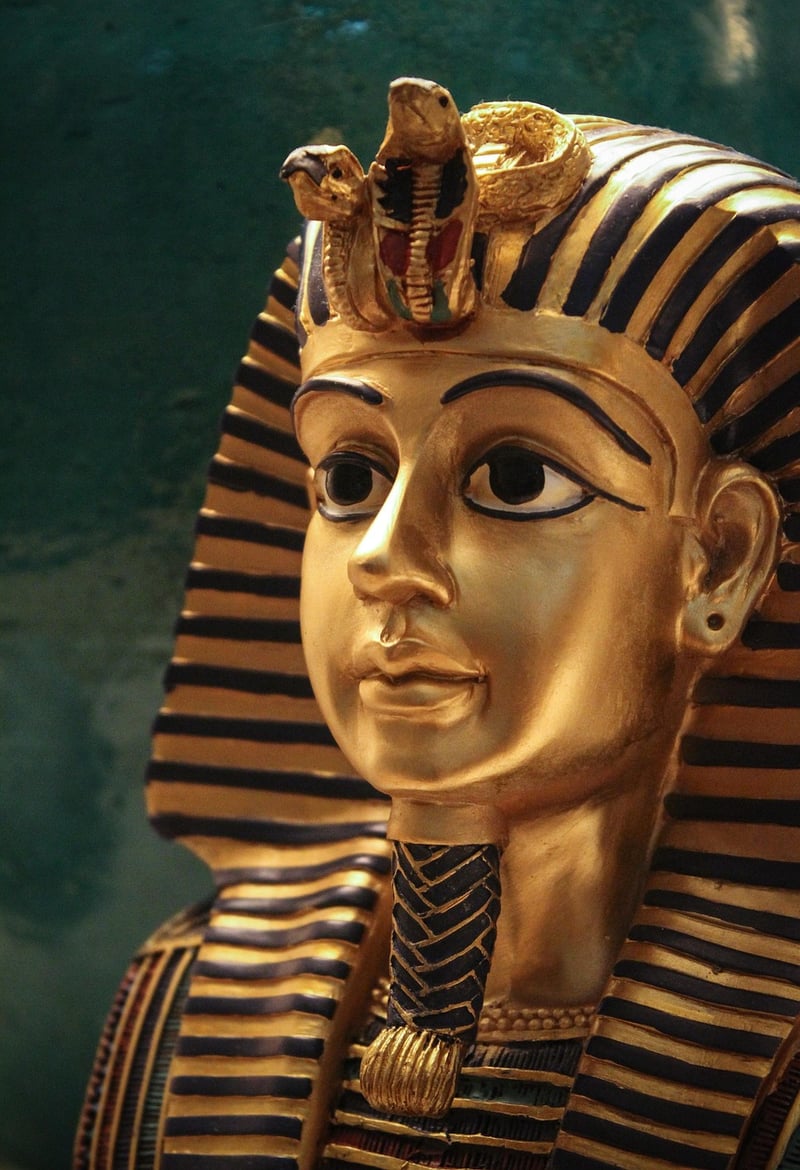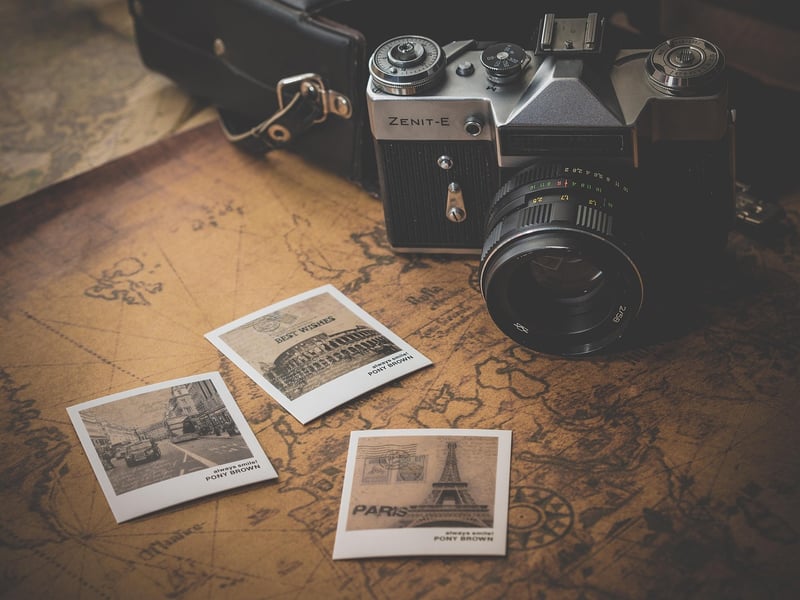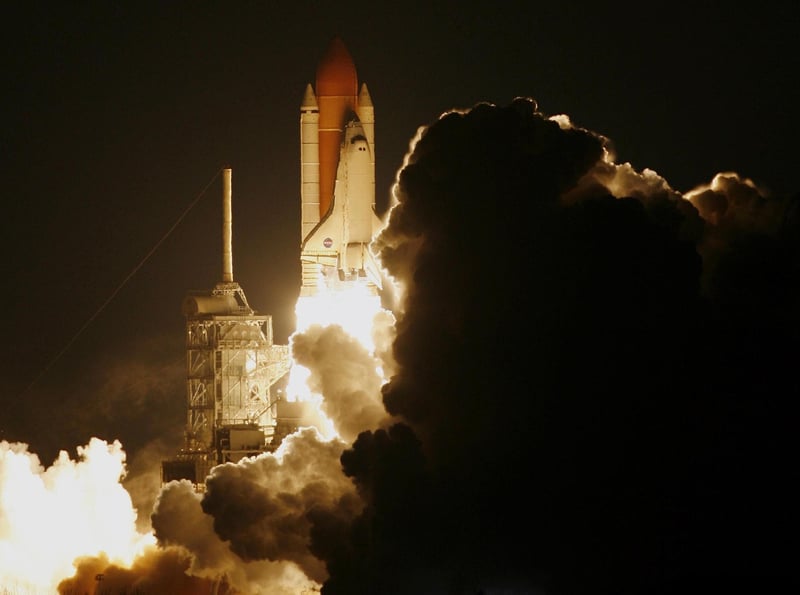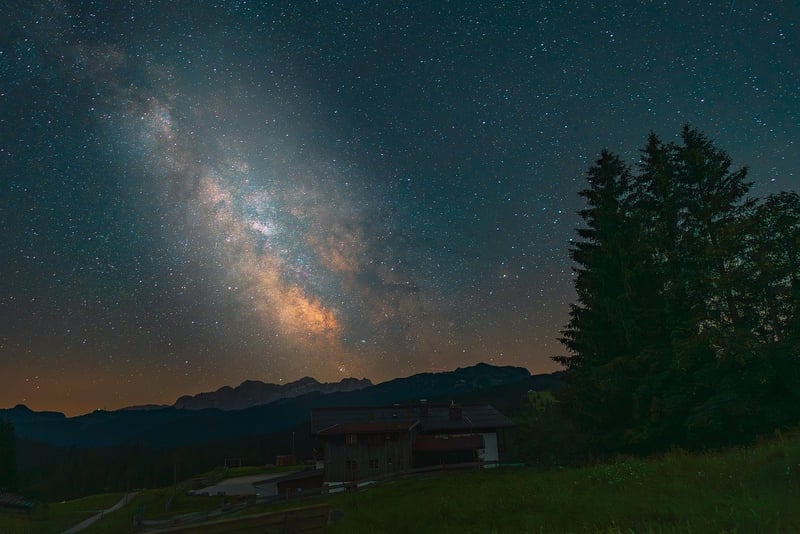Future Exploration
Exploring Different Eras and Future Exploration
Introduction
Throughout history, humans have always been curious beings, constantly exploring new frontiers and pushing the boundaries of knowledge and innovation. Let's take a journey through different eras of exploration and look ahead to the future of human exploration.
Ancient Exploration
Ancient civilizations such as the Egyptians, Greeks, and Romans were early pioneers of exploration. They traveled vast distances by land and sea, discovering new lands, establishing trade routes, and exchanging knowledge and culture.
Image of Ancient Exploration:

Age of Discovery
The Age of Discovery in the 15th to 17th centuries saw European explorers like Christopher Columbus, Vasco da Gama, and Magellan embarking on voyages to find new trade routes and lands. This era led to the globalization of the world and the exchange of goods, ideas, and cultures.
Image of Age of Discovery:

Space Exploration
In the 20th century, humanity reached for the stars with space exploration. Milestones like the moon landing in 1969 and the launch of space probes to explore our solar system have expanded our understanding of the universe and our place within it.
Image of Space Exploration:

Future of Exploration
As we look to the future, exploration continues to evolve. From Mars colonization projects to deep-sea exploration and advances in artificial intelligence and robotics, the possibilities are endless. The human spirit of exploration drives us to seek answers to the unknown.
Image of Future Exploration:

Conclusion
Exploration is an essential part of human nature, driving us to discover, innovate, and expand our horizons. By learning from the past, embracing the present, and looking towards the future, we can continue to explore the unknown and make remarkable discoveries that benefit all of humanity.
